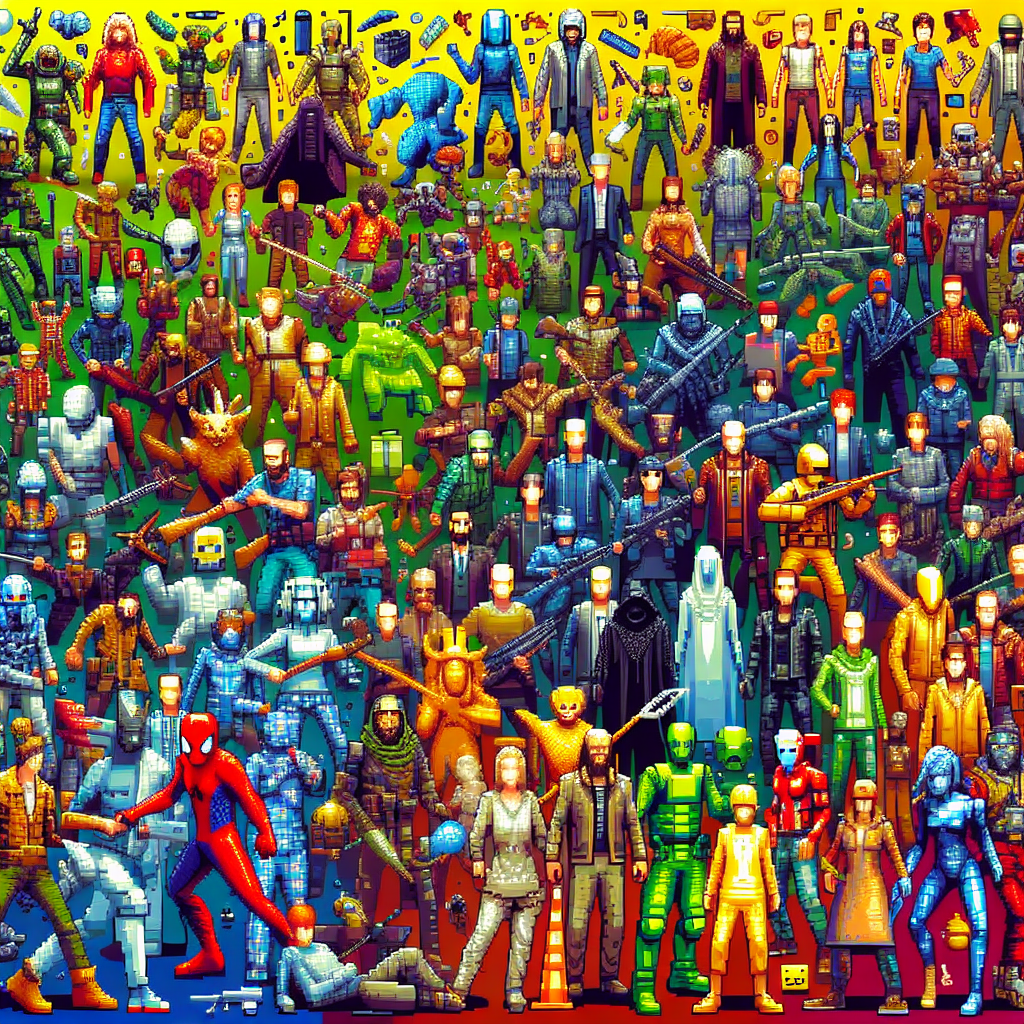In today’s digital age, the role of games shaping identity has become increasingly significant. From childhood through adulthood, games serve not only as entertainment but also as a profound influence on how individuals perceive themselves and relate to others. As players immerse themselves in various gaming environments, they encounter opportunities to explore different facets of their identity and express their individuality.
Games as a Reflection of Personal Values
Games shaping identity often allow players to project their values and beliefs onto the characters they control. For instance, many role-playing games (RPGs) provide players with the option to make moral choices that reflect their own principles. This engagement helps players engage in self-reflection, as they navigate dilemmas that resonate with their real-life experiences. Moreover, the characters chosen can mirror aspects of a player’s identity, whether it’s gender, ethnicity, or personal interests.

Furthermore, the gaming community also plays a crucial role in shaping identity. Through forums, social media, and multiplayer games, individuals connect with others who share similar interests. This communal aspect can foster a sense of belonging, reinforcing players’ identities as they bond over shared experiences and narratives. In this way, games become a medium for social interaction, allowing players to forge connections that might not occur in traditional settings.
The Impact of Gaming on Self-Expression
Another vital aspect of games shaping identity is their capacity for self-expression. Many games offer extensive customization options, enabling players to design avatars that reflect their unique personality and style. This creative freedom allows individuals to experiment with different identities, sometimes stepping outside their comfort zones. For example, a player may choose to embody a fierce warrior or a benevolent leader, which can instill confidence and encourage personal growth.

Moreover, the narratives within games can also impact identity formation. Story-driven games often feature complex characters who undergo significant development, allowing players to empathize with their journeys. This emotional connection can inspire players to reflect on their own life experiences, leading to deeper self-awareness and understanding of their personal identity.
The Future of Games and Identity
As technology advances, the influence of games shaping identity is expected to grow. Virtual reality (VR) and augmented reality (AR) are opening new avenues for immersive experiences that can further impact how individuals view themselves. These technologies allow players to step into new worlds, presenting opportunities for identity exploration that were previously unimaginable.
In conclusion, games shaping identity play a multifaceted role in personal and social development. They provide a platform for self-exploration, community engagement, and self-expression. As we continue to navigate the digital landscape, understanding the significance of gaming in shaping identity becomes essential for both individuals and society as a whole. By recognizing the powerful impact of games, we can appreciate their role not just as a form of entertainment but as a vital component of our identity formation journey.
Some content and/or images on this page were created using AI.





